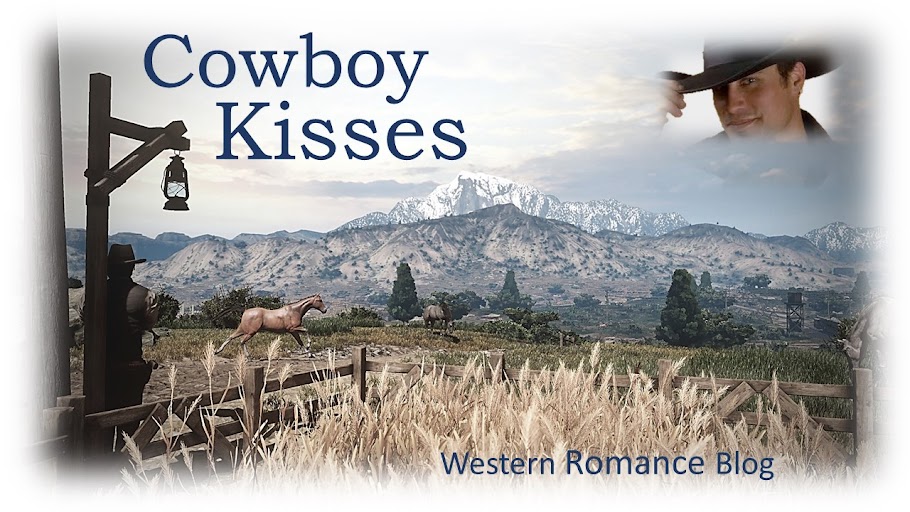"On Monday March 28, 2016, the First Family will host the 138th annual White House Easter Egg Roll. This year's theme is “Let’s Celebrate!” and more than 35,000 people will be joining us on the South Lawn for games, stories, and, of course, the traditional egg roll." (https://www.whitehouse.gov/eastereggroll)This was the end of a research trip, assisted by Google, to find out what Easter customs were around in the Old West. The journey was wild and woolly, taking me from Ancient Babylon to New Age Native Astrology. (I got sidetracked by the Raven.)
I also got side tracked by various interpretations of where the Easter holiday originated. (Someone claimed Ishtar was pronounced Easter, hence the Babylonian connection.) It's generally accepted that Easter comes from Eostre, the Germanic goddess of fertility. As with many Christian customs, including Christmas, many of the customs of pagan festivals close to a Christian holy day were adapted to the new religion. None of this was helping me with the Old West theme until I found the egg.
American customs grew out of and have been continually influenced by the people who emigrated to the country. British and European customs would be especially influential. Britain, Europe and by extension most Americans, were practicing Christians. That meant observing Lent.
During Lent, strictly speaking, eggs and butter were forbidden. That's why Lent is preceded by Pancake Tuesday or Fat Tuesday (aka Mardi Gras). It's a blow out feast to use up all goodies that would have to be given up Ash Wednesday.
Just because you can't eat them, doesn't mean that the hens stop producing eggs. So a stockpile would accumulate. What do you do with them? Boil them and dye them ready for Easter.
In Britain and Germany games were devised to play with eggs. These include an egg tapping game to see who could keep their egg's shell intact the longest, egg hunts and races. These came to North America with the immigrants. The customs also moved west with the settlers. Some of the games, like the egg and spoon race, detached themselves from Easter and spawned in practically every community event in North America.
Meanwhile back in Washington, prior to 1878 the public Egg Roll took place on the lawn in front of the Capitol building, weather permitting. Congress, tired of the mess and the smell of rotting eggs, passed Capitol Building Turf Protection Law, enacted on April 21, 1876. 1877 was too rainy, but in 1878, First Lady Lucy Hayes persuaded her husband to grant permission for the games to be held on the White House lawn. Subsequent First Ladies weren't always happy with the mess, but the custom continued (with time out for World War II) to the present day.
References
Eostre and Easter Customs
http://www.manygods.org.uk/articles/essays/Eostre.shtml
First Ladies and the Easter Egg Roll: Who Went and Who Didn't
http://www.firstladies.org/blog/first-ladies-the-easter-egg-roll-who-went-who-didnt-part-1/
http://www.firstladies.org/blog/first-ladies-the-easter-egg-roll-who-went-who-didnt-part-2/
Rites of Passage: Spring Equinox Rituals Around the World
http://matadornetwork.com/bnt/rites-of-passage-spring-equinox-rituals-around-the-world
The White House Annual Easter Roll
https://www.whitehouse.gov
Cover illustration by Alison Bruce using images from https://www.whitehouse.gov/photos-and-video/photogallery/white-house-easter-egg-roll-american-tradition-1878




1 comment:
Fascinating.
Post a Comment